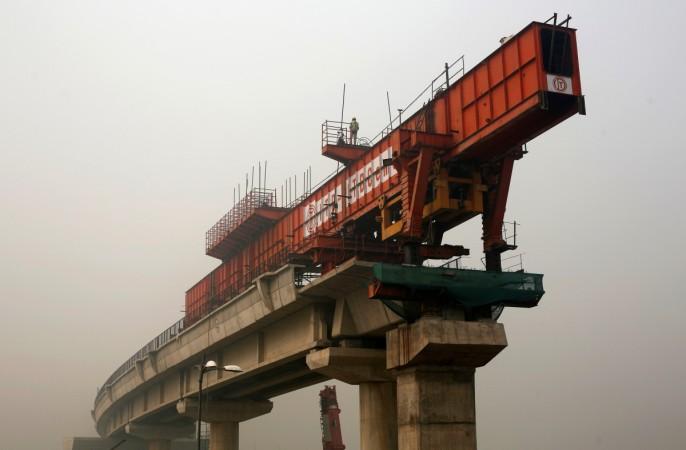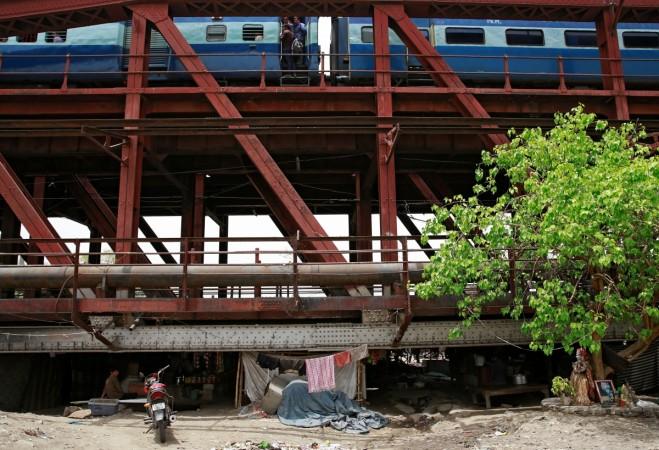
As part of its expansion plans for the Ghaziabad-New Delhi rail corridor, the Indian Railways has proposed building a third bridge over the river in the capital. The bridge is planned near the Nizamuddin rail bridge and is expected to help speed up the transit of trains in the highly congested rail corridor.
"The hydraulic study for the proposed new rail bridge is underway and we are expecting the construction to start by year-end," a senior Railway Ministry official told IANS.
So far, there has been no word on the fate of more than 2,000 kikar trees that might face the axe due to the new bridge.
The proposed bridge would be 600 meters long and comes at a cost of approximately Rs 425 crore. It will allow the transit of trains at over 100 km per hour, a drastic upgrade from the 20-30 km per hour that the old Yamuna rail bridge, Lohe-ka-Pul allows.
Lohe-ka-Pul dates back to the British Raj in India and is over 150 years old. It gets affected by floods which slows down the movement of trains. Moreover, if the Yamuna water level touches the danger mark, the traffic is barred on the bridge. But not for long.

Lohe-ka-Pul will give way to another new double-line rail bridge that will be weather-proof. In the project that is currently underway, the 800-meter long double bridge costs an estimated Rs 200 crore. With the current work on in full steam, it is due to become operational in March 2019.
With the upcoming new project, the all-weather bridge, "train movement would not be affected even in a flood situation", said the official.
While the rail bridge on Lohe-ka-Pul is being discarded, the road running along the 150-year-old bridge will remain operational. Its maintenance will be overseen by the Delhi government after Northern Railways hands it over when the double-line bridge opens.
Currently, the transit of trains between Ghaziabad and New Delhi station takes over an hour - sometimes even two hours - due to over-congestion on the route, causing much inconvenience to passengers. There has been a demand to ensure an additional path for Delhi-bound trains to improve the commute.
[With inputs from IANS]

















